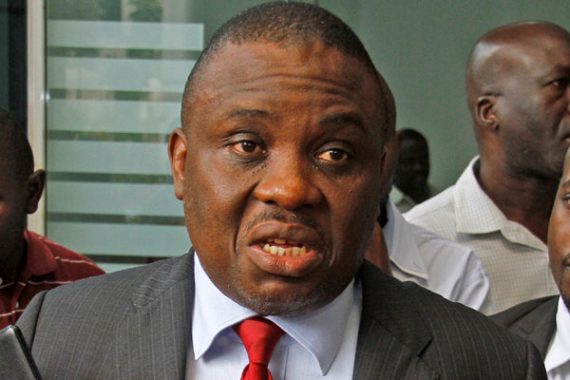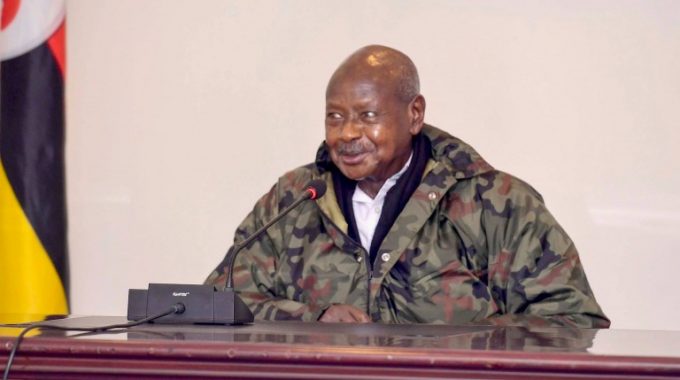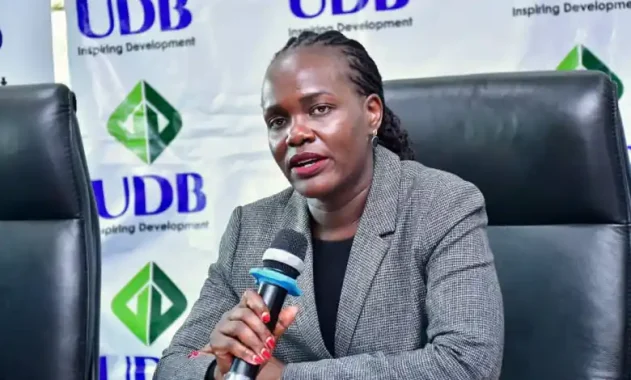Pastor Robert Kayanja head at Miracle Centre Cathedra is on the spot for attacking Parliament and tarnishing its legacy.
In an article written by the New Vision, Pastor Kayanja is quoted as attacking the 10th Parliament for failing to appropriate money to construct an oil refinery, hence the the skyrocketing commodity prices today.
“The 10th Parliament let us down as a country. There was a chance for them to work hard and appropriate money to construct the country’s oil refinery, but they did not,” Pastor Kayanja said this during Easter celebrations service at Miracle Centre Cathedral Rubaga, on Monday.
Pastor Kayanja’s remarks have prompted a stern reaction from the former Speaker of the 10th Parliament and the current First Deputy Prime Minister and the Minister for East African Affairs, Rebecca Alitwala Kadaga.
Kadaga in defense is demanding a public apology from Kayanja on grounds that he made allegations aimed at distorting the legacy of Parliament. Kadaga asserts that no budget was set aside or debate centered around an oil refinery.
In a tweet she posted, Kadaga demands an apology from the senior City Pastor for making baseless statements.
“Pastor Kayanja, you owe an apology to the people of Uganda and the 10th Parliament whose legacy you are distorting. No Budget for a refinery was presented or rejected, please substantiate, which meeting, which sitting and which session this happened,” she tweeted.
In March this year, the Minister for Energy Ruth Nankabirwa said the oil refinery will start operations in 2027. The refinery according to Nankabirwa will produce 60,000 barrels of oil per day.
Meanwhile, the government is planning to expand the production of crude palm oil in Buvuma, Kalangala, Bundibugyo, Greater Masaka and other areas. According to then Minister of State for Trade Harriet Ntabazi, this will curb the skyrocketing prices of commodities that require crude palm oil as raw materials for manufacture. These include laundry soap, cooking oil and sugar.
Lat week, the Government took a position not to interfere with inflated prices of essential commodities but instead let market forces compete.
Ramathan Ggoobi, Secretary to the treasury at the Finance ministry says government interference inform of subsidies or tax cuts is bad economics.



















